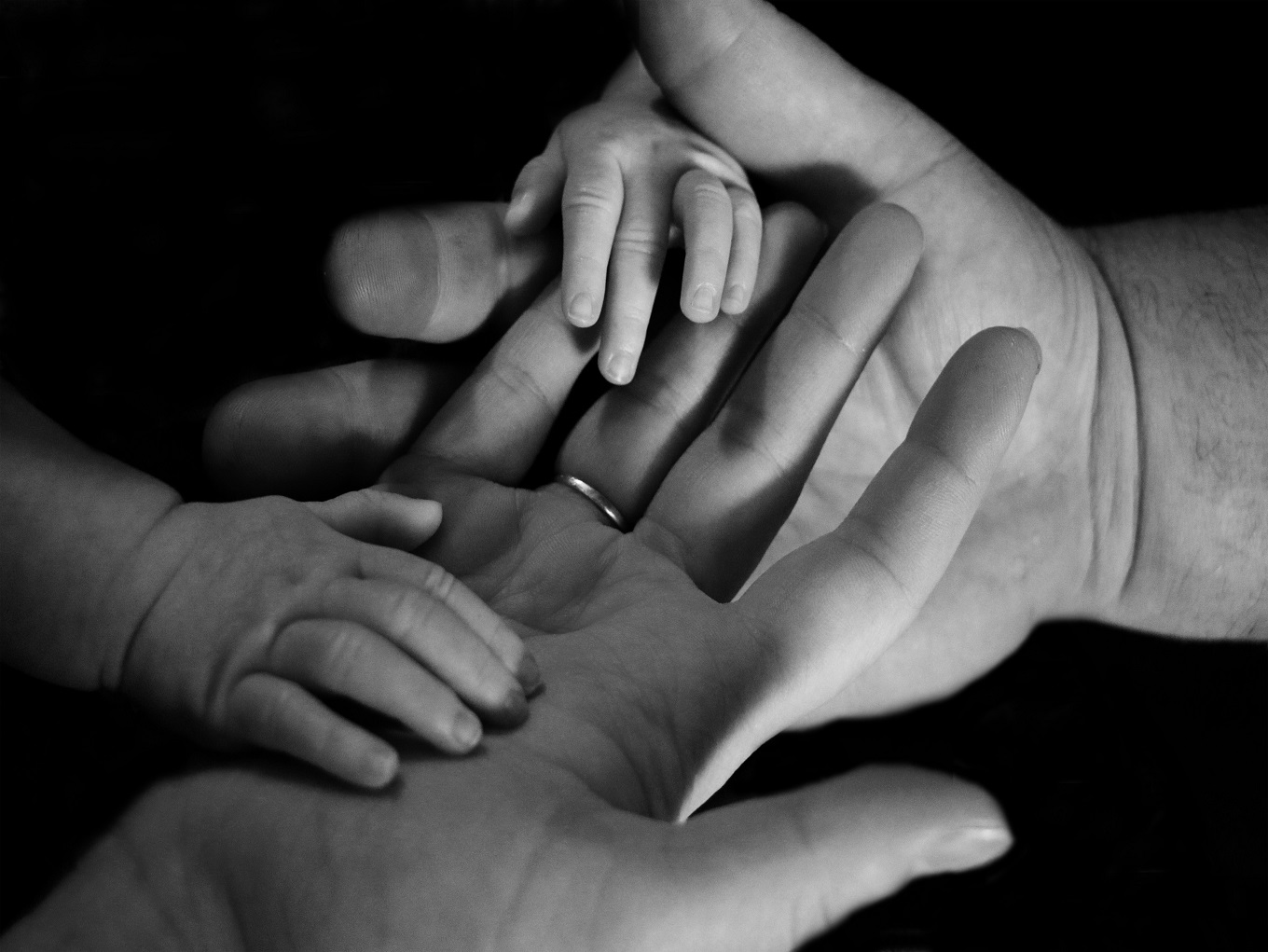Flashback, The Gorge
The summer of the eclipse, the Gorge was burning. Little boats of ash sailed down from a caramel sky, as if Pompeii, as if Krakatoa on the morning of The Scream. But here was silence, not catastrophe, just the strange stillness of songbirds gathered without a sound on the dry green, as if children between gasps at a recess when there is no play, the building sent out for a drill turned real—at the edge of a suburb where the darkness of farms still clings to a city nightscape, fields sown with nothing to be eaten, a pumpkin patch or a corn maze, 10 miles outside the fire evacuation line. And elsewhere—later in the summer as we slip on our solar shades and watch the moon’s umbra quench the stars—stand the cows up to their necks in a flooded pasture, the horses whinnying in flames a state away, circling a smoky corral. Yes, we know: the world is safe, and this year was only anomaly.
Heritage Days, 2020
An inheritance means someone is missing, and you are next—poorer in years than in photos or paper, if this was your progenitor. You sit stunned on the family loveseat too large for your apartment, calculating your span and the gap stretching long beneath the flapping chasm of a generation. Heredity, then, is the riches of blooming or booming when odds were that you would never be planted, a final sneeze and the night of your conception dissolving in air like an aspirin in water. You might not have held full term like the twin sisters before you, floating off with their cords like small pink balloons; and your grandmother in labour three days with your father in 1939, poisoning each other’s blood for hours, neither might have arrived at the crowning. And what if her mother, your great-grandmother, bringing with her only a kitchen chair caned in the old world, had gone down on the boat from Prussia in 1917— or if, having spanned the Atlantic, Ellis Island had been shuttered, the border closed. Or if her arrival had been delayed a year and she had caught an avian strain—like your great-grandfather, on the pious side, would in 1918, his lungs filling like a mossy well one autumn a month before the war’s end, losing consciousness on the last day, wandering in and out of heaven and deserts while they dabbed his fever dry, his stiff collar loosened, cornered in pneumonia’s chokehold. He was thirty-five. The set unmendable. Though their genes, and yours, somehow survived centuries of husbandry and husband stitches and labour, your grandfather, a March baby, and his winter brothers could never have been sown in 1919.
Photo by Liv Bruce on Unsplash





